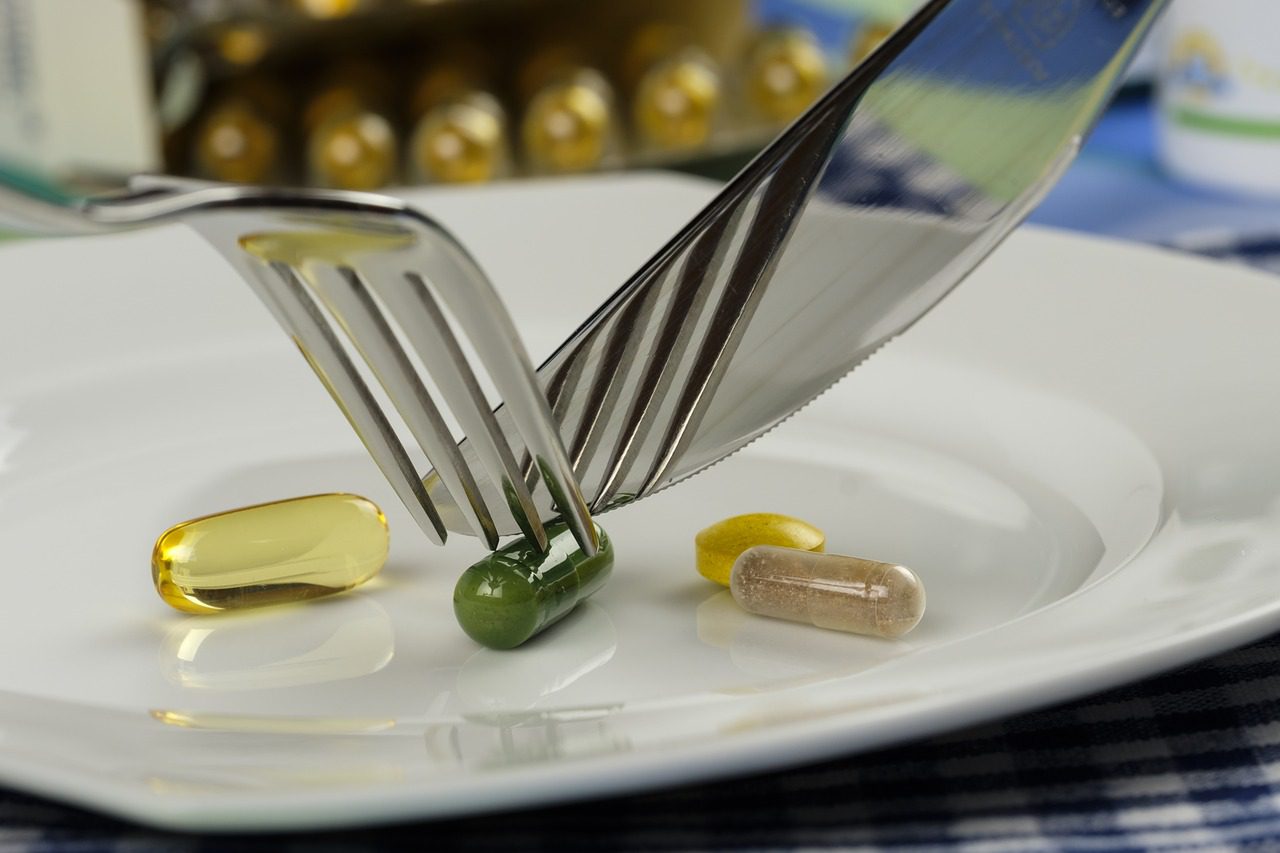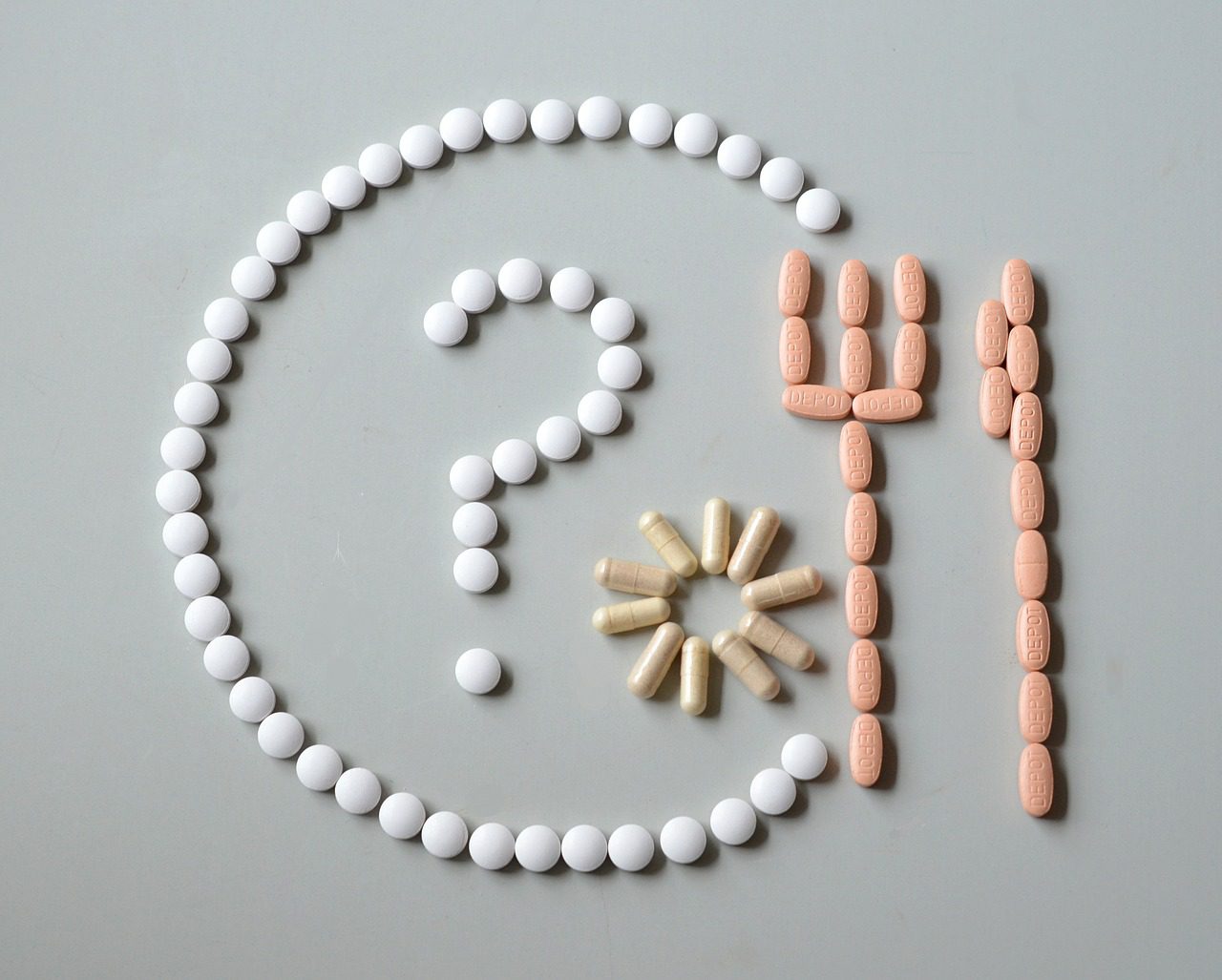Carrefour, Mercadona, Dia, El Corte Inglés, Eroski and even Amazon sell a wide range of nutritional supplements. As a consumer you can get them at a very cheap price (some more than others) and just around the corner. In a way, their accessibility gives them a great advantage and, in turn, a risk. And we are going to explain why.
What are nutritional supplements?
Today, nutritional supplements are surrounded by a great controversy. Some experts claim they are necessary, while others deny it. First of all, we must ask ourselves what exactly are. Well, nutritional supplements are products that provide the human body with the necessary nutrients for our body to function properly. These nutrients are chemical elements that come from outside and, therefore, that we cannot obtain with our normal diet.

The Dietary supplements contain ingredients such as vitamins, minerals, herbs, essential fatty acids, amino acids, and enzymes. We can usually find them in capsules, tablets, powders, etc. The real problem about supplements is ignorance. Nutritionists make use of certain supplements that they do have proven and proven effectiveness. And the safest thing is that they are not from the supermarket on the corner of your house. However, consumers simply by going to the supermarket can buy cans of vitamin C or collagen powder without even knowing if it is what they need.
Supplements in supermarkets
The sweeping advertising and 'misleading' marketing They attribute infinite properties to supplements that they do not fulfill at all. However, they do fulfill their objective: to convince the consumer. In the supermarket there are no specialists to advise you. There is no control. Possibly you are buying "X" supplement to be less tired and that really all you need is a balanced diet. Nevertheless, the price so affordable from supermarkets supplements and an easy fix it is a great temptation for anyone.
We always say that "natural" is not safe.
In fact, in supplements, we have to label some warnings that we don't always read on the label.
Especially in pregnant women and children.Many are sold in supermarkets ... so be careful
Here I give you a summary. pic.twitter.com/c5NxL0E5wJ
- Gemma del Caño (@farmagemma) February 3, 2020
Doctors and nutritionists warn of the uncontrolled consumption of these supplements. In addition, there are studies that show the relationship between the consumption of supplements and diseases such as cancer. And not only that, but there are more and more documented cases about it. An example that some will remember is that of Jim McCants (liver transplant related to the consumption of green tea capsules). It is true that for certain groups of the population supplementing their diet with these products is a good option. The Spanish hospital group Chiron Health recommended to consider supplement your diet with:
- Women planning or pregnant (they need folic acid and iodine)
- Those who need calcium and vitamin D because they suffer from osteoporosis
- If you have low levels of Vitamin B12 blood (usually occurs in vegetarian or vegan diets)
- People who have undergone a bariatric surgery
- If your body is unable to absorb specific nutrients due to some intestinal pathology
Accessibility risk
As we can see, they are specific groups. Not even the entire population. In fact, the FDA (Food and Drug Administration of the United States government) alerts the risks to health. On States States this administration cannot authorize substances in dietary supplements. It is only notified of any new ingredient to notify its safety. But not its effectiveness. In addition, it also recommends to consumers see a specialist before consuming any supplement.
Hence, the accessibility risk of consumers to these products, generally through the supermarkets. You can't take whatever doses you want. Always those recommended on the labeling. It is so inexpensive that anyone can take it without directions. Many people take several and do not know how to combine them which can lead to problems. People take refuge in the pills believing they are a solution. And, as a consequence, they do not pay attention to eating a healthy and balanced diet.
See this post on Instagram
It is necessary to go to an expert ...
If you want to supplement your diet, you should do A blood test. This way you will know that nutritional deficits you present and, with the help of a professional, solve them. Thus, you will save money on products that you do not need and, also, ineffective. There is no scientific evidence of the benefits of nutritional supplements on the market, and less, of those especially inexpensive. As they say: cheap is expensive. It is preferable to invest in a product recommended by your doctor or nutritionist that will really help you. Of course, as long as you need it.







